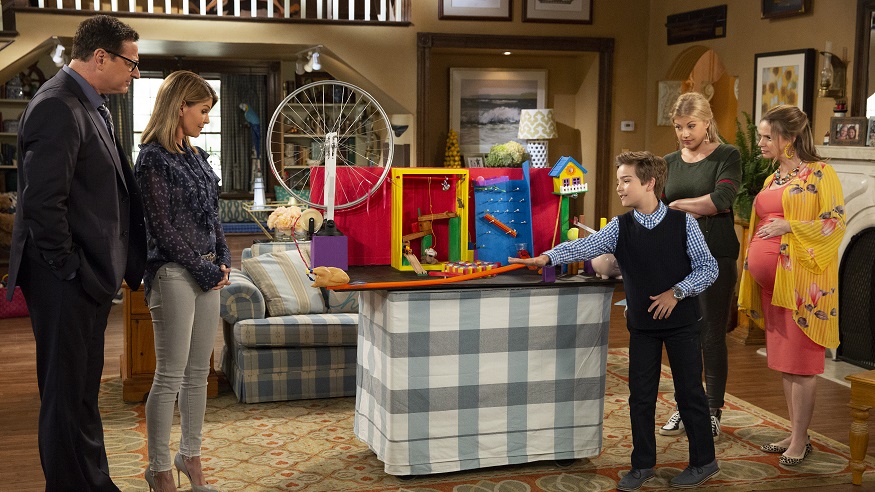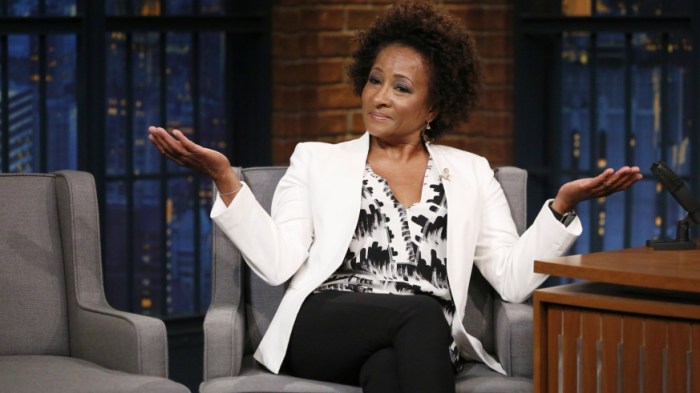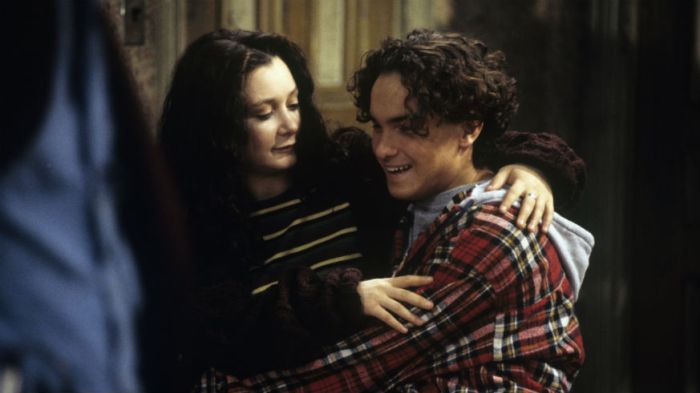Last week, Netflix announced that Fuller House season 5 would be the Full House spinoff’s final season at the streamer. While this news may prove devastating only to audiences who’ve been tuning in since the revival was first announced in 2015, it may also be indicative of something else. In fact, the beginning of the end of Fuller House may signal the end of the current TV show revival that it helped to create.
With Fuller House season 5, are TV revivals over?
Roughly five years ago, TV show revivals were the talk of the town in the entertainment industry. It wasn’t the first time that popular programs had been rebooted or spun off years after their initial demise, of course, for the history of broadcast and cable television is rife with such instances. But this was the first time that streamers like Netflix were getting involved, which caught the attention of networks hoping to stay relevant in a changing media landscape.
Mere months after Netflix finally confirmed the longstanding rumor that it had greenlit a Full House spinoff series, NBC debuted a revival of its popular superhero drama Heroes titled Heroes Reborn. The original, which ran from 2006 to 2010, had found new life as a licensed streaming title on Netflix. As a result, the network decided to approve a spinoff from creator Tim Kring that featured much of the original cast, as well as newcomers like Zachary Levi.

The first and only season of Heroes Reborn stretched across 13 episodes that aired between September 2015 and January 2016. Sadly, the show’s renewed streaming popularity didn’t translate back to broadcast, but the damage was already done. Other revivals like Fuller House were already in the works, and while some didn’t come to fruition, most of them did.
With Fuller House season 5, are TV revivals over?
Like The X-Files, which reunited David Duchovny and Gillian Anderson for two additional seasons in 2016 and 2018, and Roseanne, which returned to popular acclaim before Roseanne Barr was fired and the show was scrapped for the spinoff The Conners. Will & Grace was also graced with additional seasons at NBC, though plans to revive other classics like Coach were ultimately scrapped.
Admittedly, some of these TV show revivals are still on the air and, at least in the case of Will & Grace, may remain there for the foreseeable future. However, now that most of the originators have come and gone, perhaps TV executives and the audiences they vie for are beginning to lose interest in the trend. More and more original programming is being pumped out by broadcasters, cable networks and streamers alike, especially now that Hulu and Amazon have joined Netflix in the latter group.
Maybe, with all of that creative fuel going into so many different outlets, relying on old rehashes is no longer necessary.























